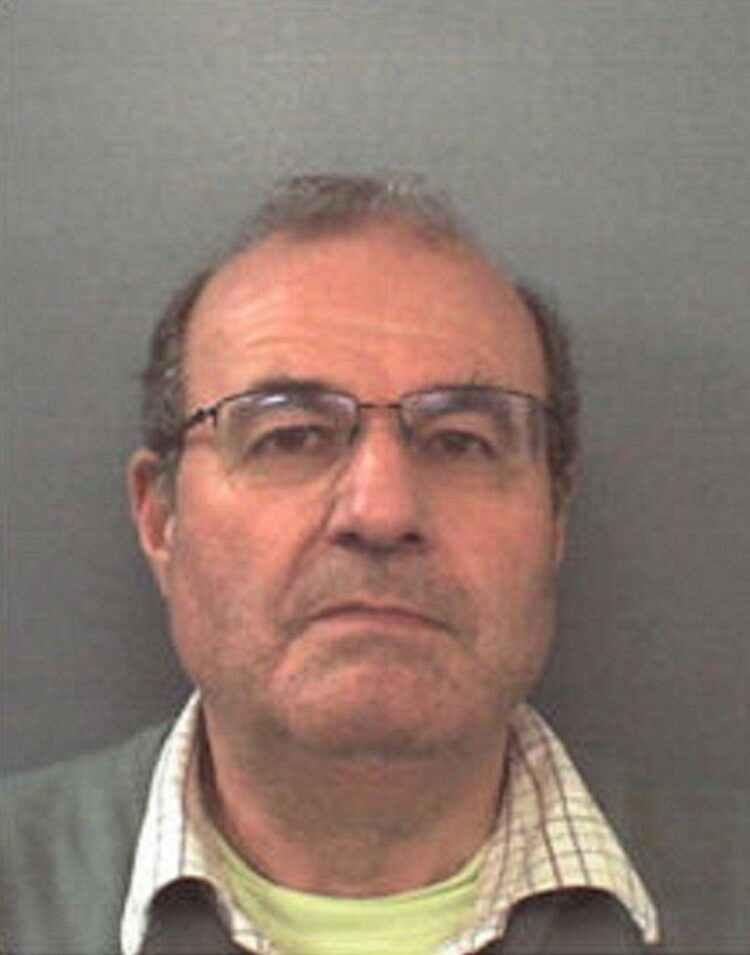By Ashley Young-
A former immigration judge jailed in 2014 for a bomb hoax at the London Olympics has failed in his attempt to overturn an order imposed by the Solicitors Regulation Authority (SRA) that banned him from working for law firms.
Michael Shrimpton, also formerly a barrister, was sentenced to 12 months’ imprisonment in 2015 for communicating false information with intent. He had communicating hoax bomb threats relating to the 2012 London games. During the course of a telephone conversation with government figures, Shrimpton claimed to have had knowledge that a nuclear warhead had been planted in the London area for detonation during the Olympics.
The disgraced barrister had initially appealed the ban through the Solicitors Disciplinary Tribunal (SDT), which handled Michael Shrimpton’s appeal, but the barrister’s argument that the SRA’s chief adjudicator was wrong to deny him an oral hearing, was rejected, and he was fined £8,200 in costs.
Mr Shimpton was also found guilty under the Children Act 1978, after indecent images of children were found to have been downloaded from the internet and stored on an encrypted memory stick.
The tribunal said 40 indecent images of children had been downloaded from the internet and stored on an encrypted memory stick, found during a search of Mr Shrimpton’s house.
He was sentenced to a three-year supervision order and a five-year sexual offences prevention order.
The barrister was arrested in April 2012 after calling the private secretary to the secretary of state for defence and saying he had received “information of a nuclear bomb threat” to the Olympic Games.
He was sentenced to a year’s imprisonment at Southwark Crown Court in 2015 for two counts of communicating false information with intent.
The former barrister, who was called to the bar in 1983 and also sat as a fee-paid immigration judge, was disbarred in 2019 following the convictions. He was subsequently issued with a Section 43 Or
der by the Solicitors Regulation Authority’s chief adjudicator, after working as a solicitor’s clerk.
Appeal Court
Last year, the Solicitors Disciplinary Tribunal refused to overturn the Section 43 Order, after Shrimpton argued that he had been unfairly denied an oral hearing. The shamed barrister then appealed the decision in the High Court.
In a court judgment this week, the High Court dismissed the appeal, ruling that none of Shrimpton’s grounds of appeal established that the SDT order was wrong or unjust because of a serious procedural or other irregularity. It added that none of his proposed additional grounds of appeal were arguable.
Shrimpton argued that the SDT hearing was conducted in breach of the rules of natural justice and that the chief adjudicator was biased, among other things. He also claimed he was falsely accused and wrongly convicted of the criminal offences in question.
The barrister was initially arrested in April 2012 after calling the private secretary to the secretary of state for defence and saying he had received “information of a nuclear bomb threat” to the Olympic Games.
He was sentenced to a year’s imprisonment at Southwark Crown Court in 2015 for two counts of communicating false information with intent.
Mr Shrimpton responded by applying for permission to appeal against the bomb hoax conviction to the Court of Appeal, and also applying to the Criminal Cases Review Commission over the indecent photographs of children. Both efforts failed to produce the result he wanted.
An application to the European Court of Human Rights over the indecent images was also refused.
Mr Shrimpton was disbarred in 2018 and appealed unsuccessfully to the High Court. The following year the SRA imposed a section 43 order, which means he cannot work for a regulated firm without its permission.
The SRA’s chief adjudicator found that Mr Shrimpton’s misconduct was serious and involved dishonesty. It was also a risk to the public because he denied he committed the offences.
The SDT rejected all of the challenges made by Mr Shrimpton to the chief adjudicator’s ruling.
Mr Shrimpton argued that his indecent images conviction became spent by March 2019 and the bomb hoax conviction by February this year. The tribunal found the SRA was entitled to admit evidence of spent convictions if justice could not otherwise be done.
It ruled that the circumstances in which the barrister came to be convicted of both convictions were not exceptional in a way that allowed the SRA to go behind them.
Mr Shrimpton said he had not been dishonest over the Olympics, since “there was a device present that had been recovered by the Americans” and “he believed the intelligence to be credible”.

